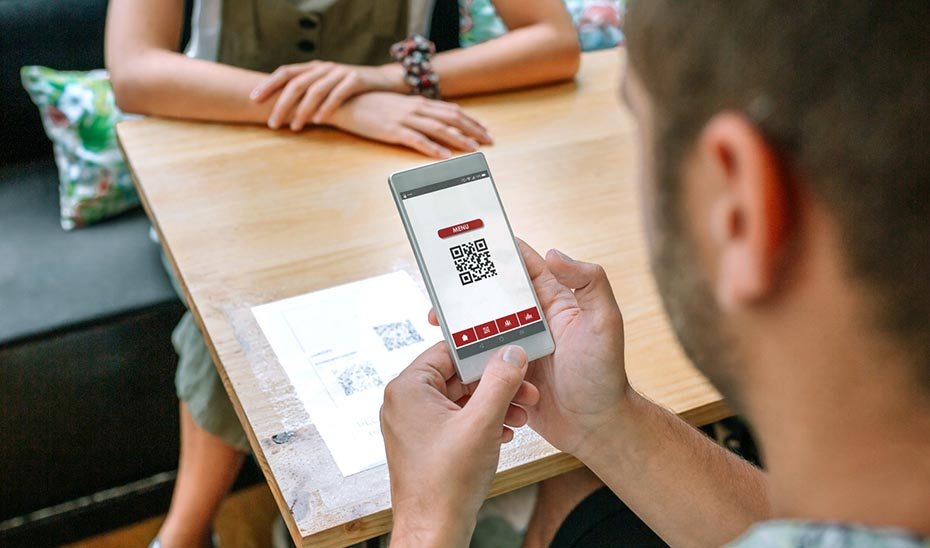The activity of bars and restaurants skyrockets during celebrations like Semana Santa, where consumers flock to these establishments and make reservations. That’s why the General Directorate of Consumer Affairs of the Andalusian Government, under the Ministry of Health and Consumer Affairs, highlights some illegal practices in the restaurant services that can be subject to complaints or reports to Consumer Affairs.
One of the most common issues is related to how consumers access the menu of food and beverages. Consumer Affairs reminds us that prices of food and beverages, as well as the services offered, must be obligatorily displayed to the public through menus of food and beverages and/or price lists, and other advertising mediums like boards, chalkboards, or similar, which will display the information in Spanish.
It is illegal for the bar or restaurant to offer the price list solely through a QR code. Not everyone has a smartphone, necessary to read these codes and access the content, nor the appropriate digital skills. The QR code should be considered as a supplementary way to consult the menu, board, chalkboard, or similar.
Another illegal practice occurring in restaurant establishments is the refusal to provide tap water upon the consumer’s request. The bar or restaurant cannot enforce the purchase of bottled water. On the contrary, it must always offer the option to consume non-packaged water for free and as a complement to the establishment’s offerings.
Moreover, the establishment cannot compel a consumer to leave a tip, nor exploit the illegal concept of charging for service to enforce a mandatory tip. Tipping is a voluntary decision of the consumer.
Charging an additional amount for cover or service separately is an illegal practice. Prices must be inclusive, and in this case, it cannot be considered as an extra service, but as a service that is implicit or included within the restaurant service itself.
During peak times like Semana Santa, restaurant reservations multiply. Consumer Affairs also emphasizes that when making a reservation at a restaurant, they cannot charge the consumer an extra fee for it, as it would be illegal. The establishment could request an advance payment to formalize the reservation, an amount that would be deducted from the final bill in any case.
Regarding payment methods, the restaurant or bar cannot refuse to accept cash payment or mandate payment only by card. Cash must be accepted in any case, as long as it does not exceed 1,000 euros, which is the legal limit.
Conversely, the establishment can reject or exclude card payment and accept only cash payments. However, they must inform consumers of this beforehand and advertise it. They could also reject card payments below a certain amount. This condition must also be communicated to the consumer in advance.
On the Consumer Response website, there is a specific section about the illegal practices in restaurant services, where different examples or circumstances are detailed.

